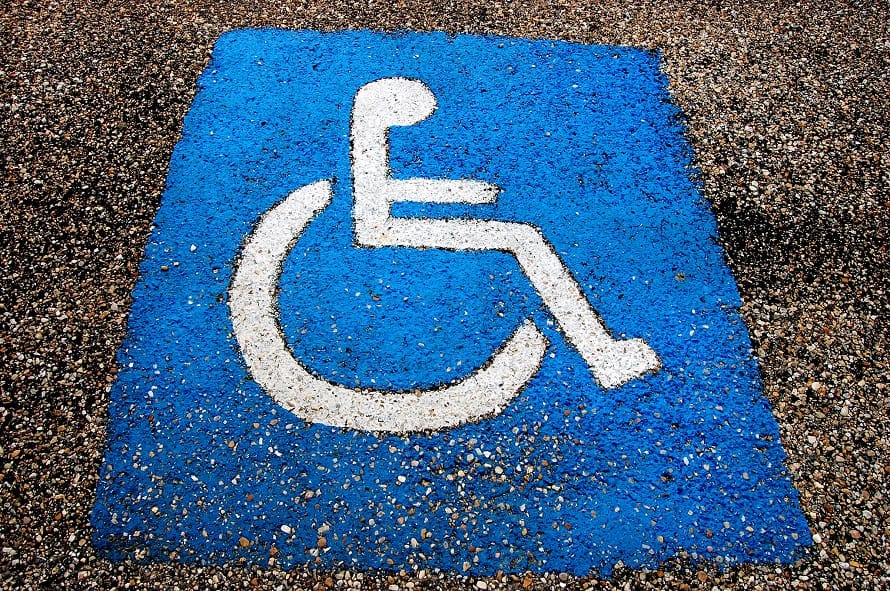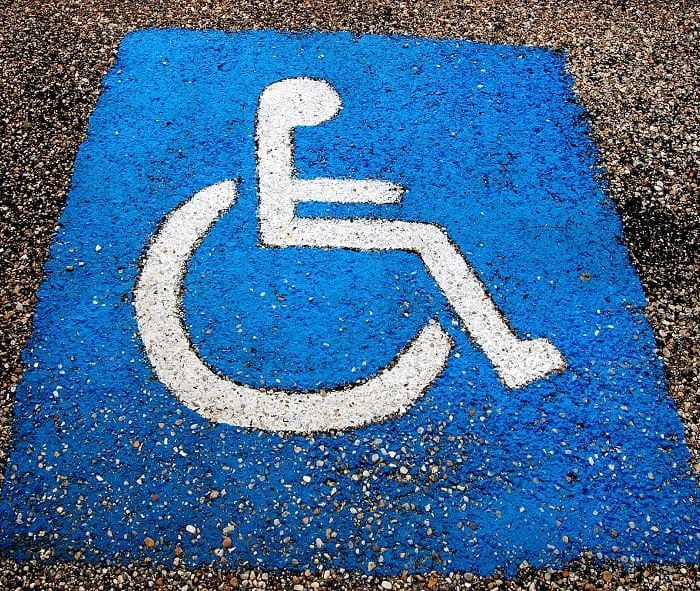Answering whether the Social Security Disability Insurance (SSDI) program works for Ohio residents with long-term disabilities requires specifying what you mean by “work.” It helps people who have few other means of support, but qualifying for SSDI benefits grows more difficult each year.
3 Ways That Social Security Works for People With Disabilities
Thousands of Ohioans rely on SSDI as a literal financial lifeline. While federal permanent disability benefits are not generous, receiving SSDI payments is the only thing that makes it possible for many people to afford housing, food and other necessities. Without SSDI, long-term care facilities would be overwhelmed, homelessness and hunger would worsen, and the amount of human suffering would be incalculable.
SSDI also works in the sense that it is open to nearly all U.S. citizens who have paid into the Social Security system while working. Children whose parents have established Social Security eligibility also have access to federal disability benefits.
A third way SSDI can work for people in Ohio who are too disabled to work is that the program recognizes all types of disability. People in Ohio can qualify for Social Security disability payments regardless of whether a physical, mental, intellectual, or emotional problem leaves them unable to hold a job.
3 Ways That SSDI May Work Against People With Disabilities
Getting approved to receive federal disability benefits is often difficult. Applicants must complete reams of paperwork, submit large amounts of medical documentation, and pass an assessment performed by a doctor chosen by the Social Security Administration. A large proportion of first-time applications for SSDI benefits are rejected, and appealing a rejection takes considerable time and effort.
A second problem is that a significant number of people will never be eligible for federal disability benefits at all. SSDI is only available to people who pay into Social Security. In Ohio, state employees such as public school teachers, police, professional firefighters, and civil servants do not have Social Security contributions withheld from their paychecks. State employees who never hold a private sector job cannot qualify for SSDI benefits. Instead, those individuals must rely on their pension plans if they become too disabled to work.
Last, Social Security requires longtime SSDI benefit recipients to reaffirm their need for disability payments. Completing that process involves submitting to another assessment, sending in new medical documentation and, possibly, appealing a suspension of benefits.
Since the SSDI program has limited funds, it looks for reasons to deny or stop paying benefits. It may do so by rejecting an initial application, strictly applying eligibility rules, or deciding that a long-term disability has become manageable to the point that a current beneficiary can return to work. In those ways, the Social Security disability program definitely works for itself rather than people with disabilities.
At Barkan Meizlish DeRose Cox, LLP, our Social Security disability attorneys work exclusively for our fellow Ohio residents. We are available to help with every stage of the SSDI application, appeals, and recertification process. We also offer free consultations to all potential clients. If you need assistance, call (614) 221-4221 to speak with a lawyer or schedule an appointment online.



